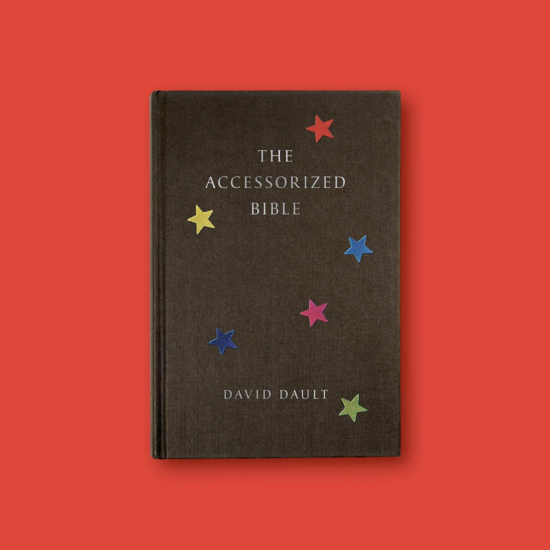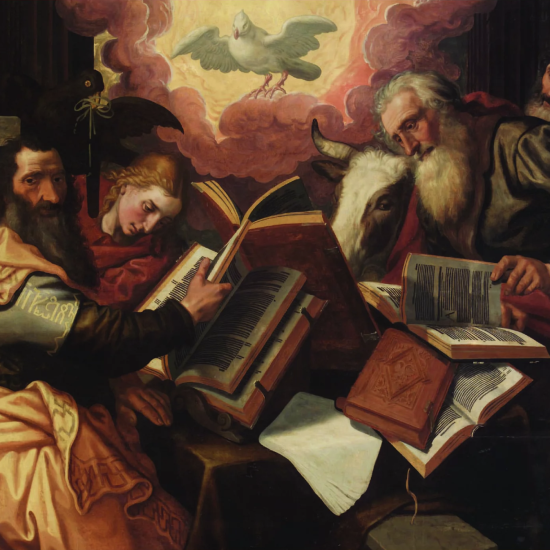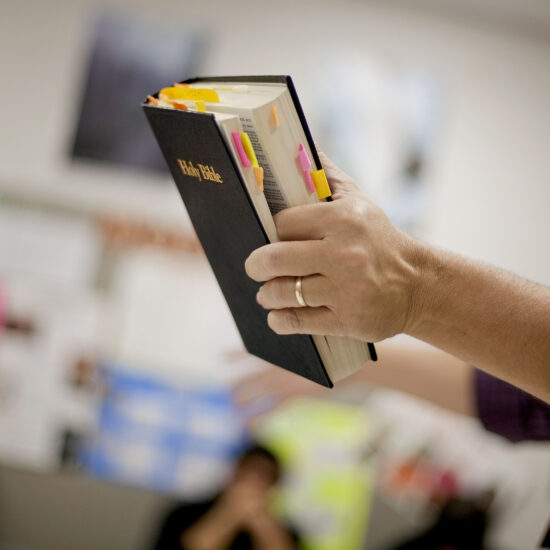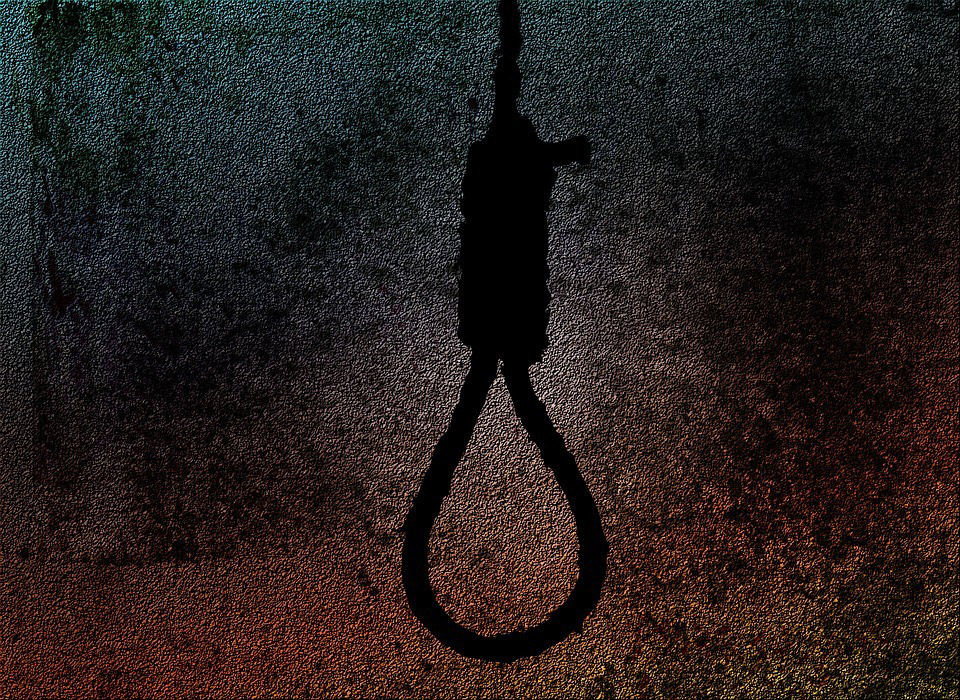
I am a Baptist minister’s kid, so I was always at churches and all the youth retreats and things like that. And I can’t tell you how many times I was at a retreat where there would be testimonies where someone would get up and ask, what do you do for the path of salvation? You repent? That’s the first step.

Hannah McMahan King
People would get up and repent of all kinds of sex, drugs, and rock and roll things that would make my little Baptist heart blush. And that was okay. Because we know that that’s the path of redemption, that’s the path of salvation. To move beyond sin, we first have to see it and name it.
And that’s an important step in racial justice work, too. We are not going to be able to just come together and have Kumbaya moments, and really expect for anything to get done. If we really want to rid ourselves from the sin of racism — that hurts non-white people and white people alike — then we will have to repent and repair.
It is a conversion experience in developing interracial, multiracial relationships. It breaks you open in a new way that you see God. It’s transformational.
My imagination was really sparked by James Cone’s book The Cross and the Lynching Tree, which I would recommend to anyone. Cone walks through the lynching culture in our nation, and what he shows is the way that Christianity supported and subverted it. There is even a correlation between the number of churches in a county and the number of lynchings that happened in that county.
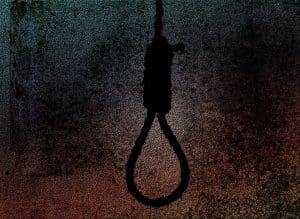
Pixabay
Often what we would find is a white theology and a white Christology that — borrowing from an abusive theology of the cross — said that in a society when there’s a contaminant, what happens? How do you purify a society? You need a bloodletting. Just as Jesus died on the cross to save us for our sins, this act is purifying for the blood is purifying for our community.
On the other hand, you have African-American communities, who are suffering under the oppression of lynching, looking to the cross as well and saying Jesus came into an unjust society, and died at the hands of the unjust and oppression. So do we here in Jesus’s name with us. Jesus knows the struggle and is here with us.
And that, to this day, still captures me the way that the Bible can be used as a shield and a weapon.
Hannah McMahan King is co-executive director of the New Baptist Covenant. This column is adapted from her interview on the Word&Way podcast “Baptist Without An Adjective” (episode 82, Jul. 16). podcast.wordandway.org.


